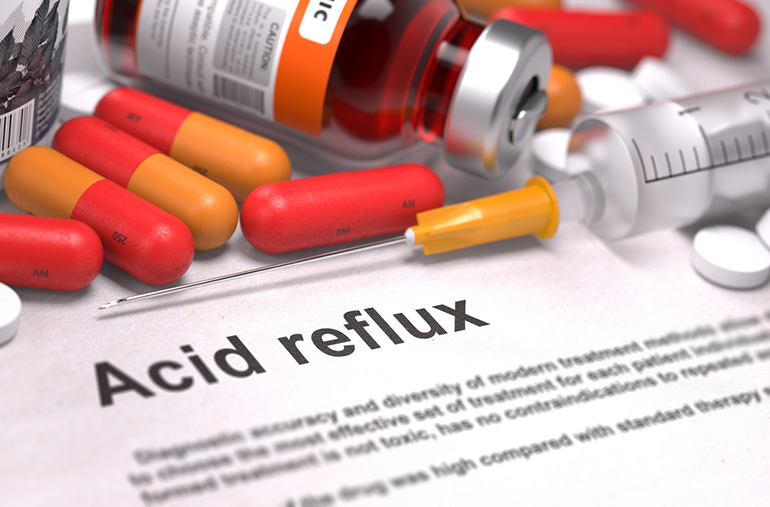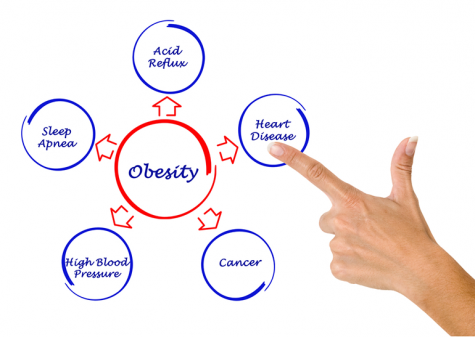However, as common as it may seem, acid reflux symptoms are easy to mistake for something else. But left untreated, it could lead to the need for surgery. So let’s take a look at what acid reflux is, the causes, signs and symptoms, tips to help ease reflux and treatment options.
What is acid reflux?
Acid reflux is a burning pain felt internally around the lower chest area, which is caused by stomach acid flowing back up into the food pipe (oesophagus). What happens is the circular band of muscle (sphincter) at the bottom of the gullet (oesophagus) normally prevents acid leaking up (reflux), but problems occur if the sphincter does not work very well. This is common but in most cases it is not known why it does not work so well. This may lead to heartburn and other symptoms. However, recurrent acid reflux, termed gastroesophageal reflux disease (GERD or GORD), has other causes and risk factors in people of all ages, sometimes for unknown reasons.
Causes
Most causes linked to acid reflux stem from consuming certain food and drinks, but it can also be due to factors beyond our control, such as a hiatus hernia; a condition where part of the stomach protrudes into the chest through the and can even lead to a condition like GERD. Pregnancy is another factor, due to the extra amount of pressure being placed over the internal organs.
Besides these causes, other factors include:
• Obesity
• Active or passive smoking
• High consumption of table salt
• Low dietary fibre intake
• Low levels seen in physical exercise
• Certain medications, including drugs for asthma, antihistamines, calcium channel blockers, sedatives, antidepressants and painkillers.
Signs and symptoms
Symptoms of acid reflux are as follows:
• Heartburn - this is the main symptom and is a burning feeling that rises from the upper tummy (abdomen) or lower chest up towards the neck.
• Pain in the upper abdomen and chest.
• A persistent cough, particularly at night.
• Wheezing.
• Asthma and recurrent pneumonia.
• Nausea.
• Vomiting.
• Throat problems - soreness, hoarseness, or laryngitis (voice box inflammation).
• Difficulty or pain when swallowing.
• Chest or upper abdominal pain.
• Dental erosion.
• Bad breath.
Tips to help ease reflux
To help you ease reflux and avoid the need for surgery, try the following commonly advised lifestyle changes:
• Avoid certain foods and drinks. These days, the causes of reflux symptoms is a hotly debated topic among doctors, but there are certain foods that have shown to make symptoms worse in some people, such as:
• High-fat foods, like onion rings, French fries, full fat dairy products including whole milk, butter, sour cream, pork, beef, lamb ham fat, lard and bacon fat.
• Tomatoes and citrus fruit. Fruits and vegetables are vital for healthy diet, however, there are certain fruits, including oranges, lemons, grapefruits, limes, tomatoes, limes, etc., which can cause or simply worsen GERD symptoms.
• Chocolate.
• Onion, spicy foods and garlic. Read More: Enhance your food naturally.
• Peppermint.
• Hot drinks, coffee, and alcoholic drinks.
• Avoid large-volume meals.
• Stop smoking. Cigarette chemicals relax the circular band of muscle at the bottom of the gullet and make refluxing more likely. Symptoms may ease if you stop smoking.
• Weight. Being overweight puts extra pressure on the stomach, thus encouraging acid reflux. Losing some weight may ease the symptoms.
• Posture. Lying down or bending over often can encourage reflux. In addition, while sitting hunched or wearing tight belts may put extra pressure on the stomach and can also make any reflux worse.
• Evenings. If symptoms recur most nights, try:
• To not eat anything three hours before bedtime, or drink anything two hours before bedtime.
• To raise the head of your bed by 10-20 cm, as gravity will help to keep acid from refluxing into the oesophagus. Alternatively, use additional pillows.
• Some medicines may make symptoms worse. The most common culprits are anti-inflammatory painkillers (such as ibuprofen or aspirin). Speak to your doctor if you suspect that a medicine is causing the symptoms or making symptoms worse.




